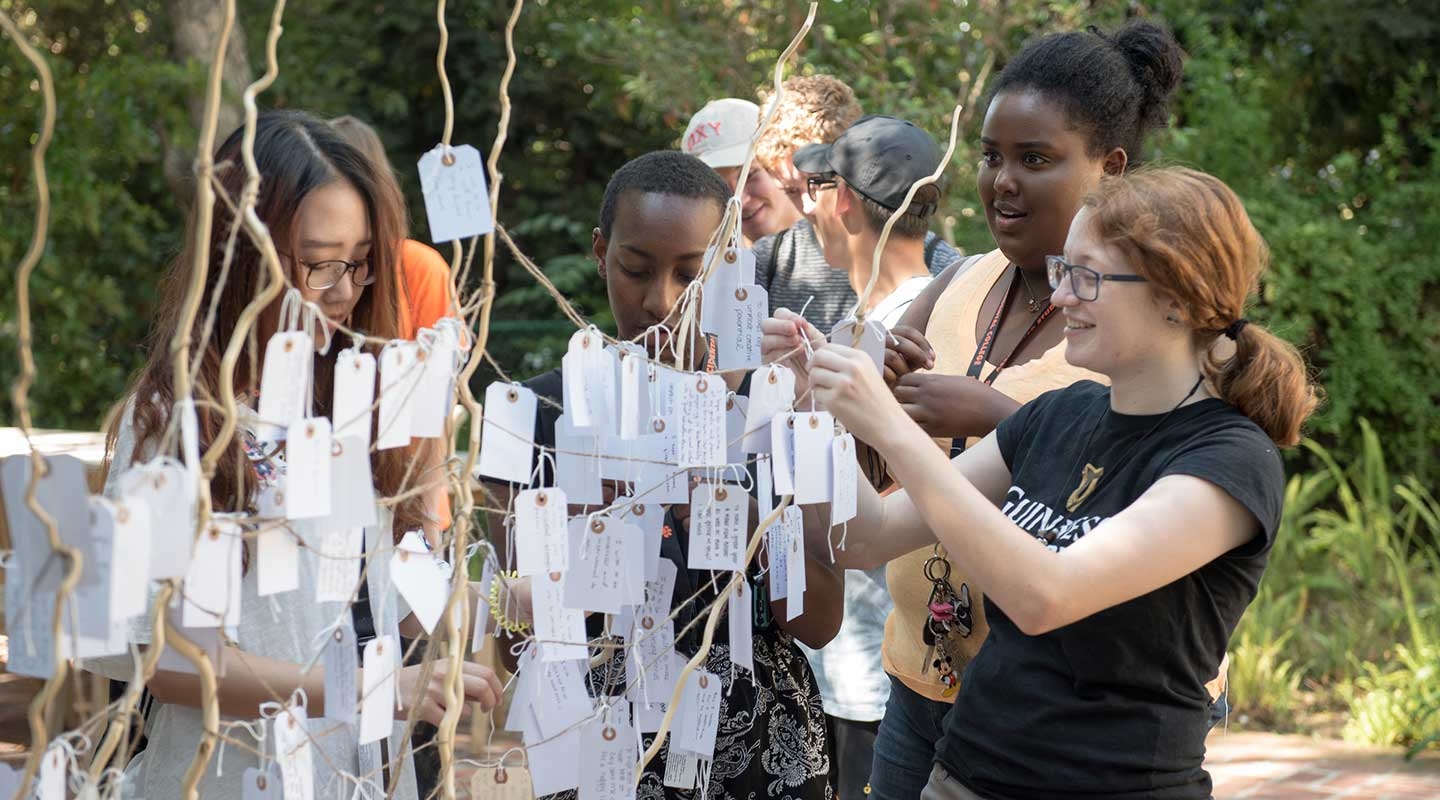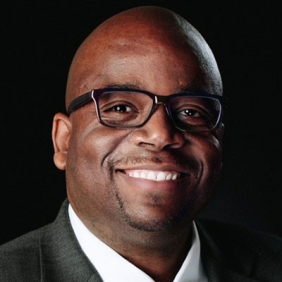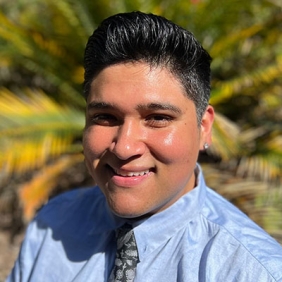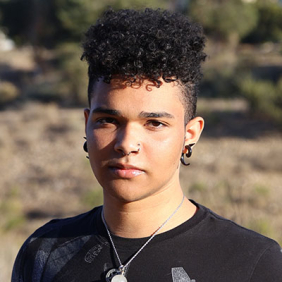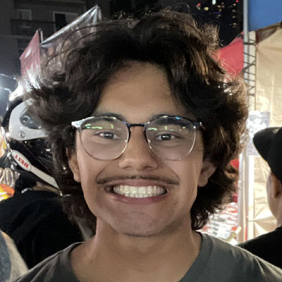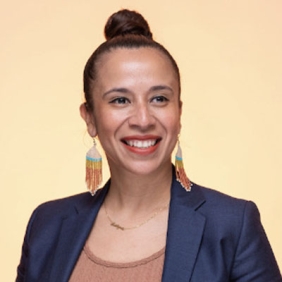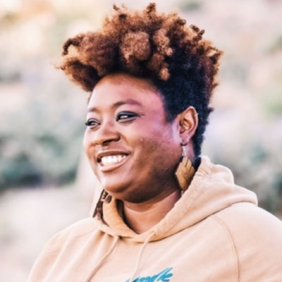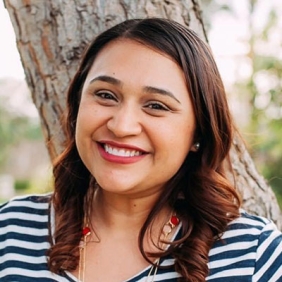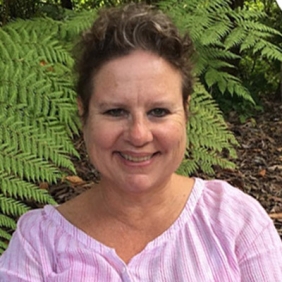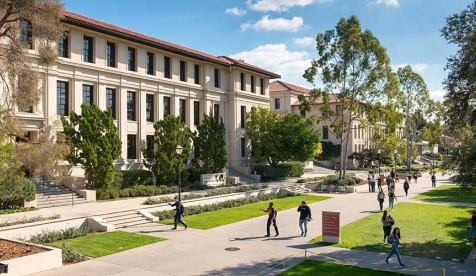Equity and inclusion are core values at Oxy, shaping a community dedicated to respect, opportunity, and meaningful engagement for all students.
In keeping with its core values, Occidental is among the most diverse liberal arts colleges in the United States. Nearly half of our students self-identify as domestic students of color or international. We welcome first-generation students and veterans, and have been rated as one of the most economically diverse colleges. Inspired and enhanced by the diversity of Los Angeles, our community aims to engage and reflect the rich cultural and social resources of our hometown.
We believe that a college education is enhanced by social and intellectual interactions between people from a broad range of backgrounds. To that end, our community affords an invaluable experiential learning environment, one that will serve you now as well as in your future life and career. Our faculty and our curriculum embody a commitment to equity, inclusion and social justice. This allows students to develop their capacity to learn from and about difference, to understand inequality and to apply these values in the wider world.
At Oxy, we challenge each other to be more accepting and respectful, and to develop a better understanding of our world by learning from others. We’re guided by the shared aspirations of social justice, cultural competence and engaged citizenship. From a network of student clubs and multicultural living communities, Oxy is a place for nuanced discussions about our differences, our similarities, and where we should go from here.

